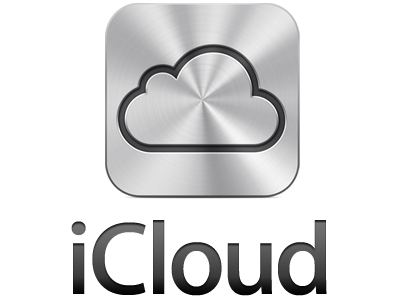Motorola Forces Apple To Disable Push Notifications In Germany

iCloud and MobileMe notification features deactivated for German customers amid ongoing patent dispute
Motorola Mobility has forced Apple to disable its push notification services for iCloud and MobileMe in Germany.
The move comes after the Mannheim Regional Court granted Motorola a permanent injunction against Apple’s push email service earlier this month.
iCloud curtailed
 “Due to recent patent litigation by Motorola Mobility, iCloud and MobileMe users are currently unable to have iCloud and MobileMe email pushed to their iOS devices while located within the borders of Germany,” Apple wrote on its support website.
“Due to recent patent litigation by Motorola Mobility, iCloud and MobileMe users are currently unable to have iCloud and MobileMe email pushed to their iOS devices while located within the borders of Germany,” Apple wrote on its support website.
“Affected customers will still receive iCloud and MobileMe email, but new messages will be downloaded to their devices when the Mail app is opened, or when their device periodically fetches new messages as configured in iOS Settings.”
Though the change noted by Apple is relatively small, Florian Mueller notes on his FOSS Patents blog, it is the first time its customers will be directly affected by the company’s ongoing patent disputes with Motorola and Android.
“Android users see this happen all the time, with features either being removed or hobbled,” he wrote. “For example, as a Samsung customer, I no longer get the overscroll bounceback feature on my device; I have to unlock my device with the inferior slide-to-unlock circle… and a few months ago, after I updated my firmware, I noticed that turning pages in the Android photo gallery was different (and less convenient).”
As it is unessential to industry standards, the patent in question only incurs a minor inconvenience to Apple customers, but the company claims it will appeal and says that the ‘old pager patent’ is “invalid”.
Earlier this month, Apple was made to remove several products from its online stores in Germany based on a preliminary injunction granted to Motorola last December. In that case, the patents were FRAND-pledged, and Motorola’s enforcement of the injunction may have been regarded as anti-competitive in trying to prevent fair use of industry standard-essential patents. This, in turn, may have contributed to Apple’s decision to file an antitrust complaint against the mobile-maker to the EU.
How well do you know your operating systems? Take our quiz!